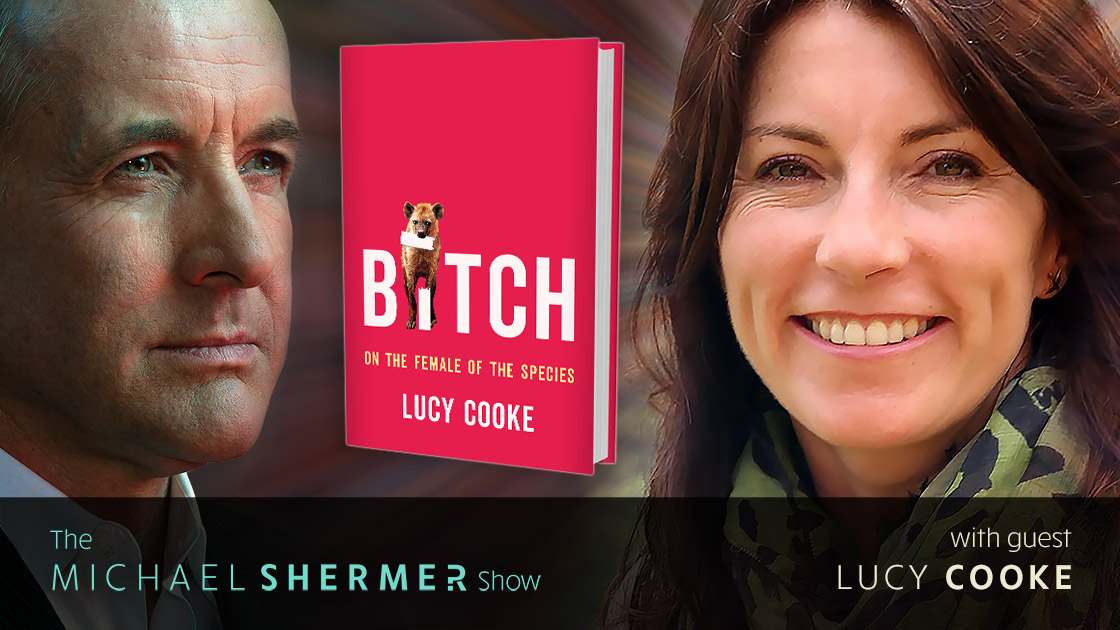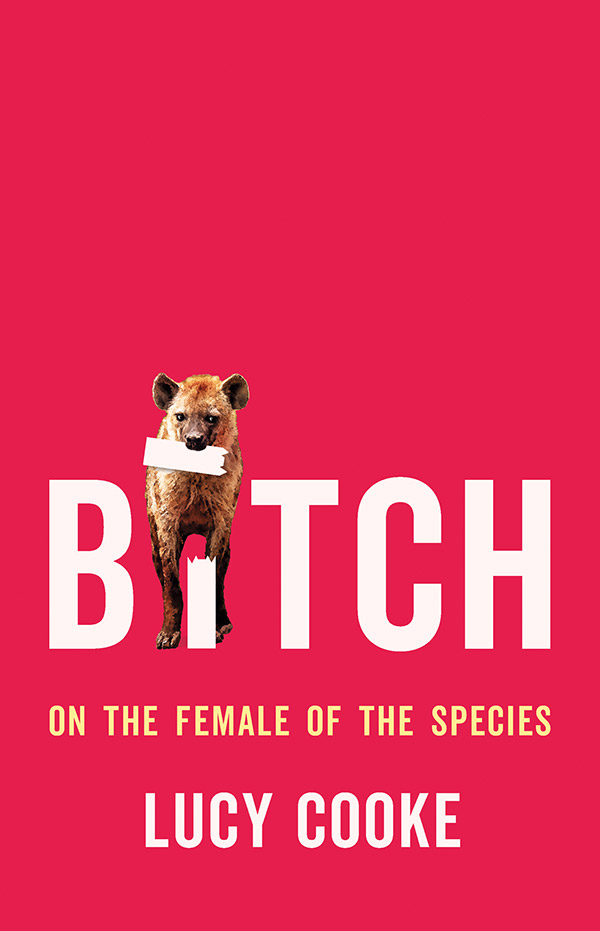Since Charles Darwin, evolutionary biologists have been convinced that the males of the animal kingdom are the interesting ones dominating and promiscuous, while females are dull, passive, and devoted. In her new book Bitch, Cooke tells a new story. Whether investigating same-sex female albatross couples that raise chicks, murderous mother meerkats, or the titanic battle of the sexes waged by ducks, Cooke shows us a new evolutionary biology, one where females can be as dynamic as males. This isn’t your grandfather’s (or Darwin’s) evolutionary biology. It’s more inclusive, and truer to life.
Lucy Cooke is the author of The Truth About Animals, which was short-listed for the Royal Society Prize, and the New York Times bestselling A Little Book of Sloth. She is a National Geographic explorer, TED talker, and award-winning documentary filmmaker with a master’s degree in zoology from Oxford University. She lives in Hastings, England.
Darwin’s Dictum, letter to his friend Henry Fawcett
About thirty years ago there was much talk that geologists ought only to observe and not theorize; and I well remember someone saying that at this rate a man might as well go into a gravel-pit and count the pebbles and describe the colours. How odd it is that anyone should not see that all observation must be for or against some view if it is to be of any service!
Shermer and Cooke discuss:
- How are females and males across the animal kingdom defined?
- What is a woman?
- male bias in the history of science
- the 60 genes involved in sex determination and how they work
- natural selection and sexual selection
- how Charles Darwin and Alfred Russel Wallace differed on the role of sexual selection
- adaptationism vs. non-adaptationism in evolutionary theory
- Why do men have nipples?
- Why do women have orgasms?
- the myth that males benefit evolutionarily from promiscuity and females from monogamy
- If males are promiscuous and females chaste, who are all those males having sex with?
- why female animals are just as promiscuous, competitive, aggressive, dominant and dynamic as males
- the adaptive purpose of female promiscuity and menopause
- what humans can learn from non-human animals
- Is there a maternal instinct? What about a paternal instinct?
- patriarchy and matriarchy across the animal kingdom
- why the sexes are far more alike than they are different, and they exist in more of a continuum of bodies and behaviors than many people may be comfortable with.
If you enjoy the podcast, please show your support by making a $5 or $10 monthly donation.
This episode is sponsored by Wondrium:
This episode was released on July 19, 2022.











